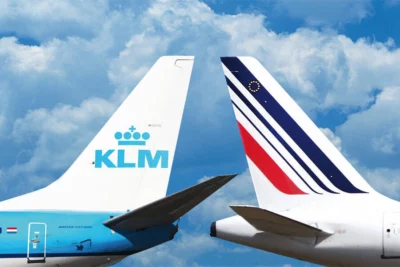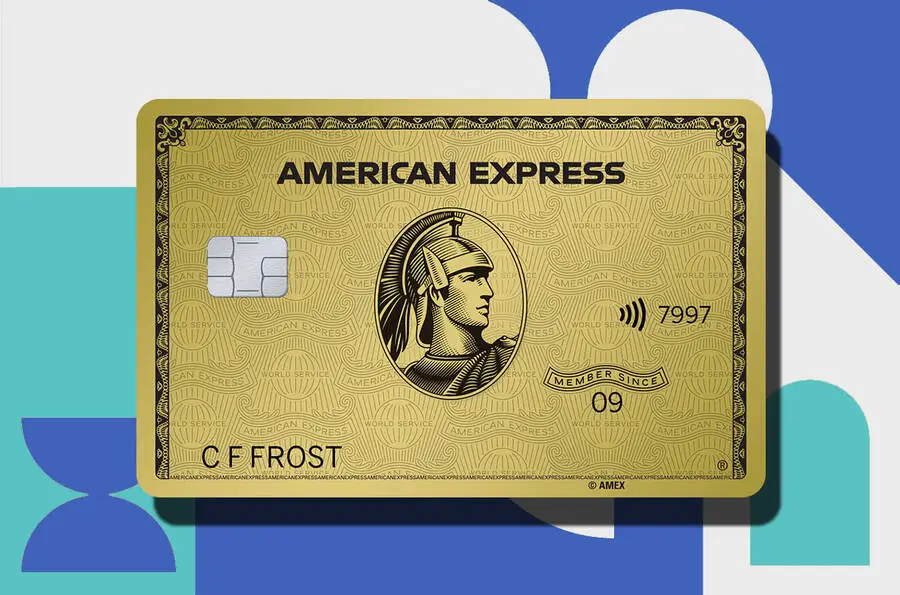Air France KLM gets a €10 billion Government bailout – what happens now in the UK?
Links on Head for Points may support the site by paying a commission. See here for all partner links.
Whilst British Airways continues to claim it doesn’t want Government money – even though its sister airlines Iberia and Vueling have been bailed out by the Spanish Government – the two other largest European carriers are close to signing financial packages to prevent bankruptcy.
Lufthansa Group, which includes SWISS, Austrian and various other airlines is currently negotiating a €10 billion bailout. It is also examining administration, which it may prefer to the Government terms of any bailout. (It may also, of course, be using its very public study as a negotiation tactic.) We will look at this tomorrow.

Air France KLM, the smallest of the ‘big three’ European airline groups, has accepted a €10 billion bailout package by the French and Dutch governments.
The airline group will receive a €4 billion bank loan backed by the French Government as well as €3 billion in direct aid (ie free money). The Dutch Government is assisting with an additional €2 billion to €4 billion.
Negotiations took slightly longer than expected because the French Government initially only offered to guarantee 70% of the commercial loans in the event that the airline went bust. Early last week the Government increased this to 90%, a level which banks were willing to accept.
(Interestingly, the bailouts for Iberia and Vueling DID get done with a Government guarantee of ‘just’ 70%. This is an interesting comparison of how the banking market sees the survival chances of the respective airlines.)
Neither Government is taking an additional equity stake in the airlines, although the two countries already control 28% between them. The French Government is the airline’s largest shareholder.
French Finance Minister Bruno Le Maire did state that the bailout package for Air France would include ‘conditions of profitability and sustainability’. In a TV interview he stated that the airline would be required to become ‘the most environmentally friendly airline’, reducing it’s CO2 emissions in 2030 by half from 2005 levels (2024 for domestic sectors).
This isn’t just waffle. Air France can no longer sell point-to-point tickets on domestic routes where the high speed TGV train alternative would be under 2.5 hours. This is equivalent of British Airways being banned from flying between Manchester and Heathrow. However, bizarrely, the airline CAN still operate these flights as long as passengers are connecting.
What should the UK Government do now?
The UK Government is finding itself boxed into a corner. It was reported last week that it has hired Morgan Stanley to provide additional advice – on top of Rothschild and EY – on how it should deal with the airline sector.
Air France KLM and Lufthansa should both have their futures secured within the next few days and will emerge from the crisis in a good position to compete.
IAG’s claim to not want Government funding has been shown up as a bluff following the bailouts of Iberia and Vueling. It is now clear that British Airways was only refusing money so that it can justify firing ALL Eurofleet and Worldwide cabin crew members and rehiring a portion on substantially poorer contracts.
As an added benefit, if IAG can discourage Government help for the aviation sector it will force Virgin Atlantic into receivership. British Airways can then request a bailout on grounds of national interest.
The Government needs to keep an eye on the cash, of course. The US Government bailout for the aviation sector has got out of control. As Politico reports:
“Merrill Field, a small airport in Alaska that largely serves small planes, would receive nearly $18 million, worth about nine years of its expenses.”
“John Murtha Johnstown-Cambria County Airport — no stranger to federal largess, considering the late lawmaker who is the airport’s namesake was known for bringing home pork — was set to receive over $5 million. It averaged about a dozen daily passenger boardings in 2018.”
PS. If you are not a regular Head for Points visitor, why not sign up for our FREE weekly or daily newsletters? They are full of the latest Avios, airline, hotel and credit card points news and will help you travel better. To join our 70,000 free subscribers, click the button below or visit this page of the site to find out more. Thank you.

How to earn Flying Blue miles from UK credit cards (July 2025)
Air France and KLM do not have a UK Flying Blue credit card. However, you can earn Flying Blue miles by converting Membership Rewards points earned from selected UK American Express cards.
These cards earn Membership Rewards points:
- American Express Preferred Rewards Gold Credit Card (review here, apply here) – sign-up bonus of 20,000 Membership Rewards points converts into 20,000 Flying Blue miles. This card is FREE for your first year and also comes with four free airport lounge passes.
- The Platinum Card from American Express (review here, apply here) – sign-up bonus of 50,000 Membership Rewards points converts into 50,000 Flying Blue miles
- The American Express Rewards Credit Card (review here, apply here) – sign-up bonus of 10,000 Membership Rewards points converts into 10,000 Flying Blue miles. This card is FREE for life.
Membership Rewards points convert at 1:1 into Flying Blue miles which is an attractive rate. The cards above all earn 1 Membership Rewards point per £1 spent on your card, which converts to 1 Flying Blue mile.
The American Express Preferred Rewards Gold Credit Card earns double points (2 per £1) on all flights you charge to it, not just with Air France and KLM but with any airline.



 Rob
Rob 





Comments (160)